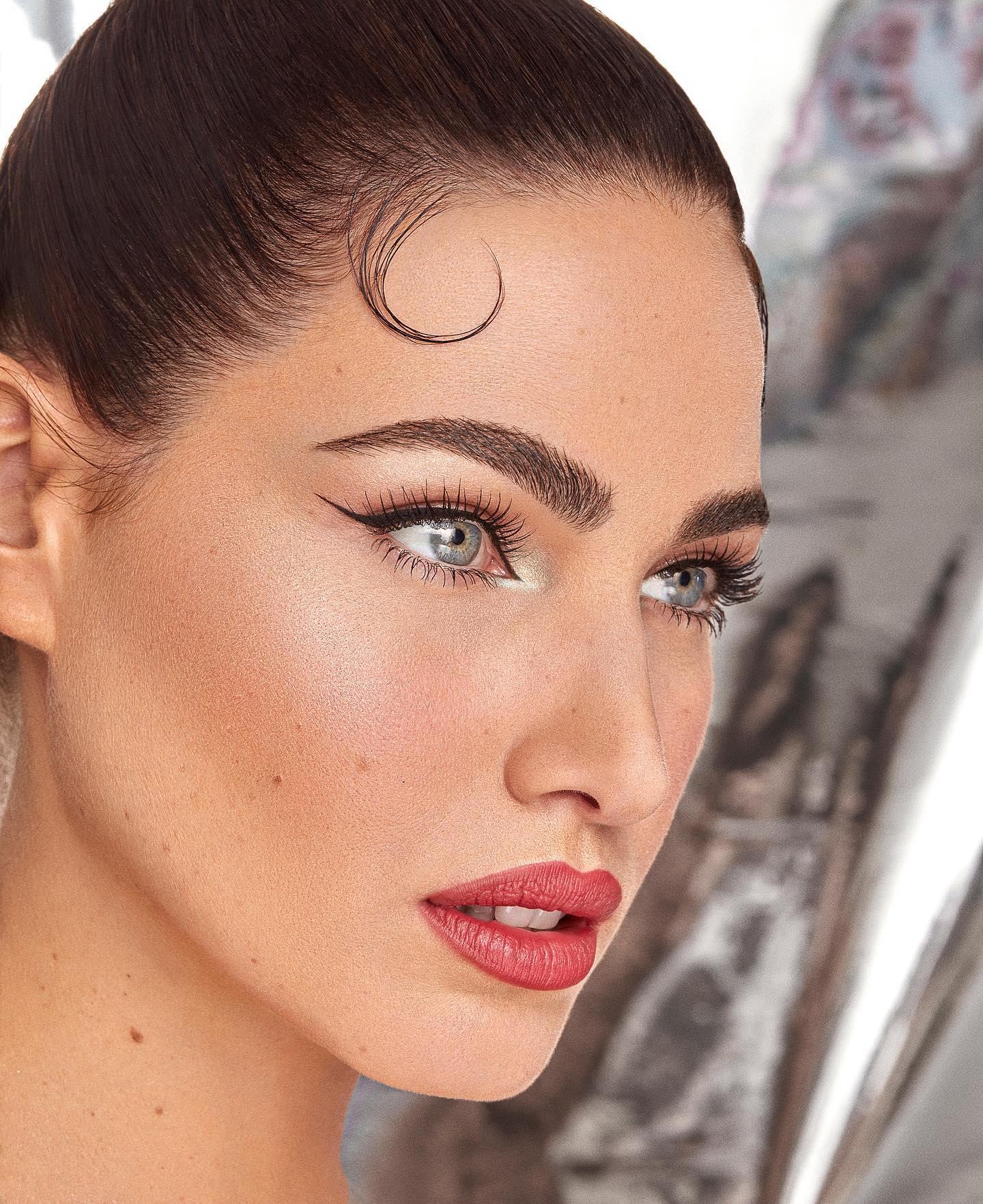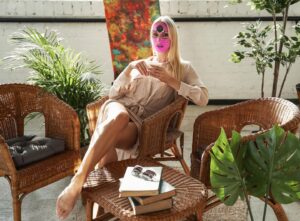
I’ll never forget the day I discovered that maybe, just maybe, a machine knew more about my face than I did. An Instagram ad for Il Makiage foundation had been pursuing me for what felt like months – it’s probably pursued you too. Usually, I am circumspect about falling for marketing, but the reviews – hundreds of thousands of them – spoke for themselves. On a whim, I decided to see if it was as good as everyone said, and so took their easy, breezy PowerMatch quiz. When the product arrived, I was furious. The shade looked far too pale! (I believe Il Makiage may have received a rather curt message at this point. Sorry guys). When I tried it on, however, It was… perfect. So perfect, in fact, that it made me realise how my heretofore go-to was far too orange for my skin tone.
AI beauty is big news right now. As more and more brands and consumers embrace the possibilities technological innovation affords. If, like me, you’re more of a Luddite, read on, as GRAZIA breaks down the different ways that the industry is harnessing AI beauty – with the help of some experts.
Try before you by
“Companies like Sephora, L’Oréal and Estée Lauder virtual try-on tools, powered by AI and augmented reality (AR), allow consumers to experiment with different makeup and hair looks in real-time,” reveals Lucy Hilson, founder of Cosmetic PR in London and Dubai. This tech, which is nothing new but used to produce laughable results, is becoming more and more sophisticated. Is it as good as real life? No. But that doesn’t matter, says Nidhima Kohli, founder of MyBeautyMatches and BME. “Nothing compares with shopping in person. But data has shown again and again that when people try things on virtually they’re more likely to shop it then if they can’t try it on at all – and more people shop online than in real life these days.”
“AI can’t replicate human senses like touch or smell,” says industry expert and The Dark Ink founder Aleksandar Josipović, “but it excels in data analysis and pattern recognition. AI systems can analyse vast datasets of skin types, tones and product ingredients, allowing for highly accurate personalised recommendations. It complements human senses by providing data-driven insights that lead to more effective and tailored beauty experiences.”

Hyper Personalisation
AI and AR are nothing new. Where AI beauty is breaking new ground, Nidhima Kohli tells me, is in custom product-building. Brands such as Function of Beauty, Skin+Me, Skin Dossier, Klira, Proven, Atypical and Dermatica have begun to create haircare and skincare regimens – and even custom products based on each user’s own unique data. “Where healthcare, beauty and AI intersect is a fascinating area with so much potential.” Indeed, the power of AI to educate people about their bodies, and identify ingredients to avoid or seek out democratises skincare. (It should be noted that most companies provide optional dermatological support – from humans, that is). It might sound risky, but is far less risky than the DIY model.
“We have a very long way to go,” Kohli says. “But it’s an incredibly exciting field.”
Watch this space…








